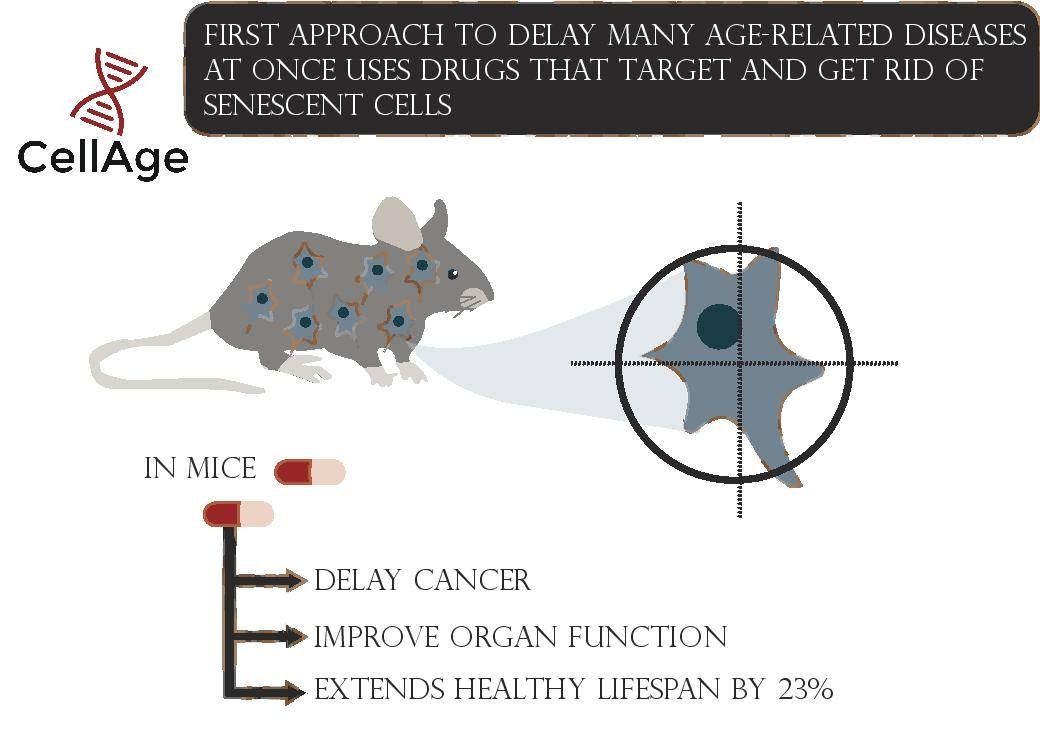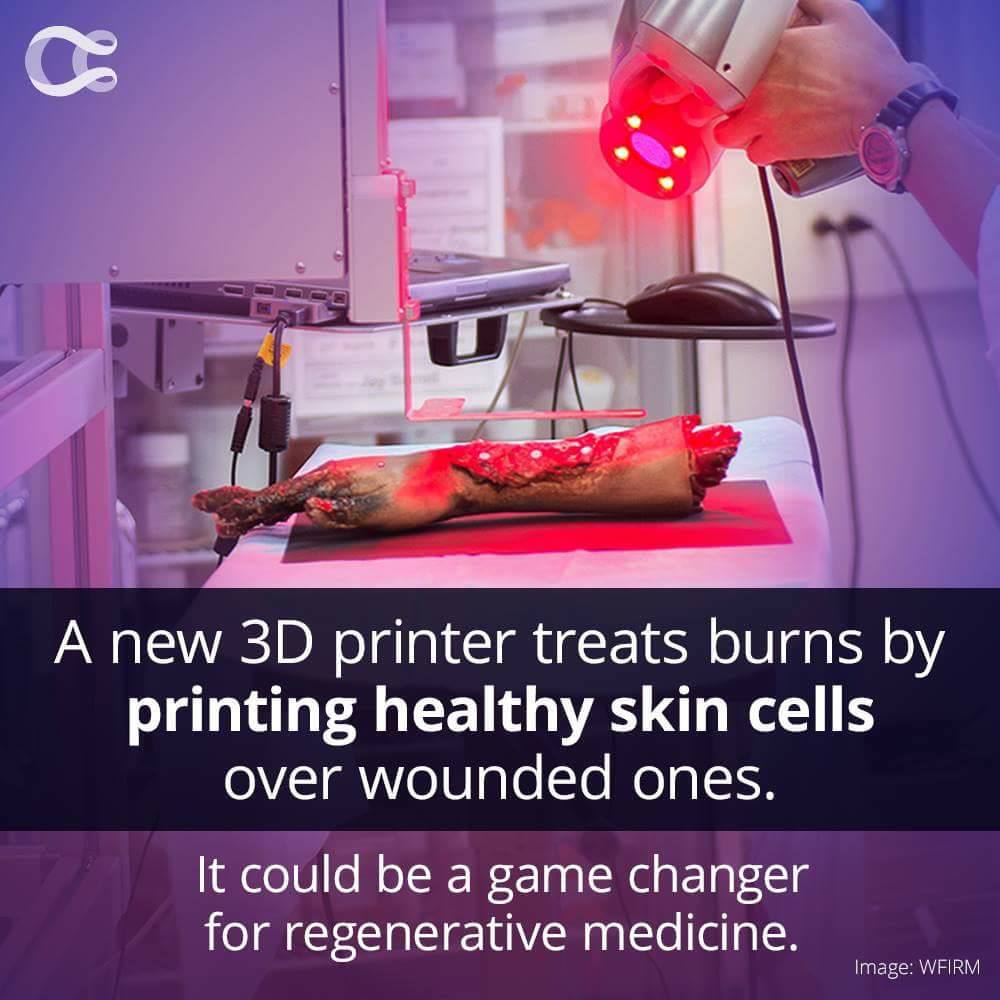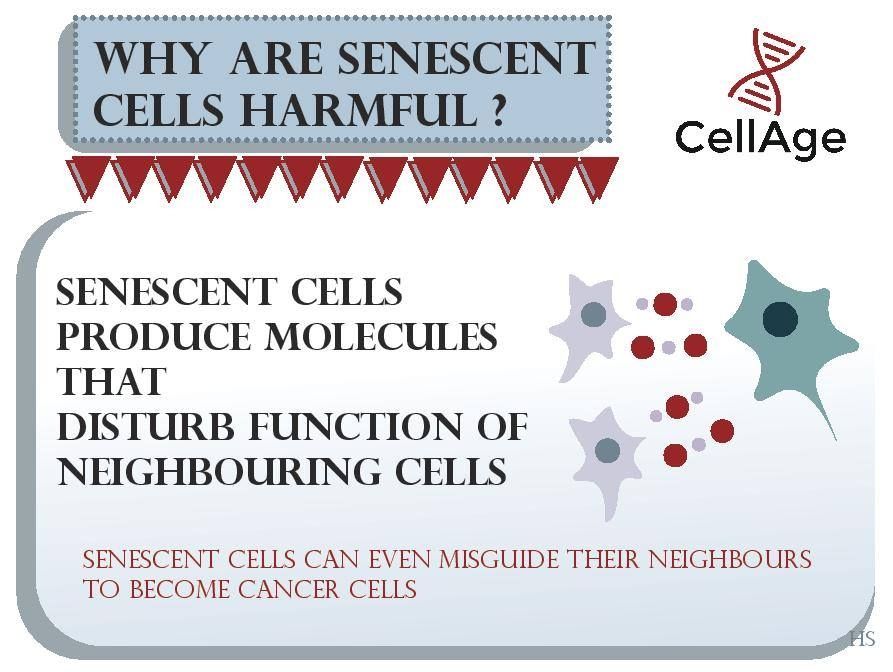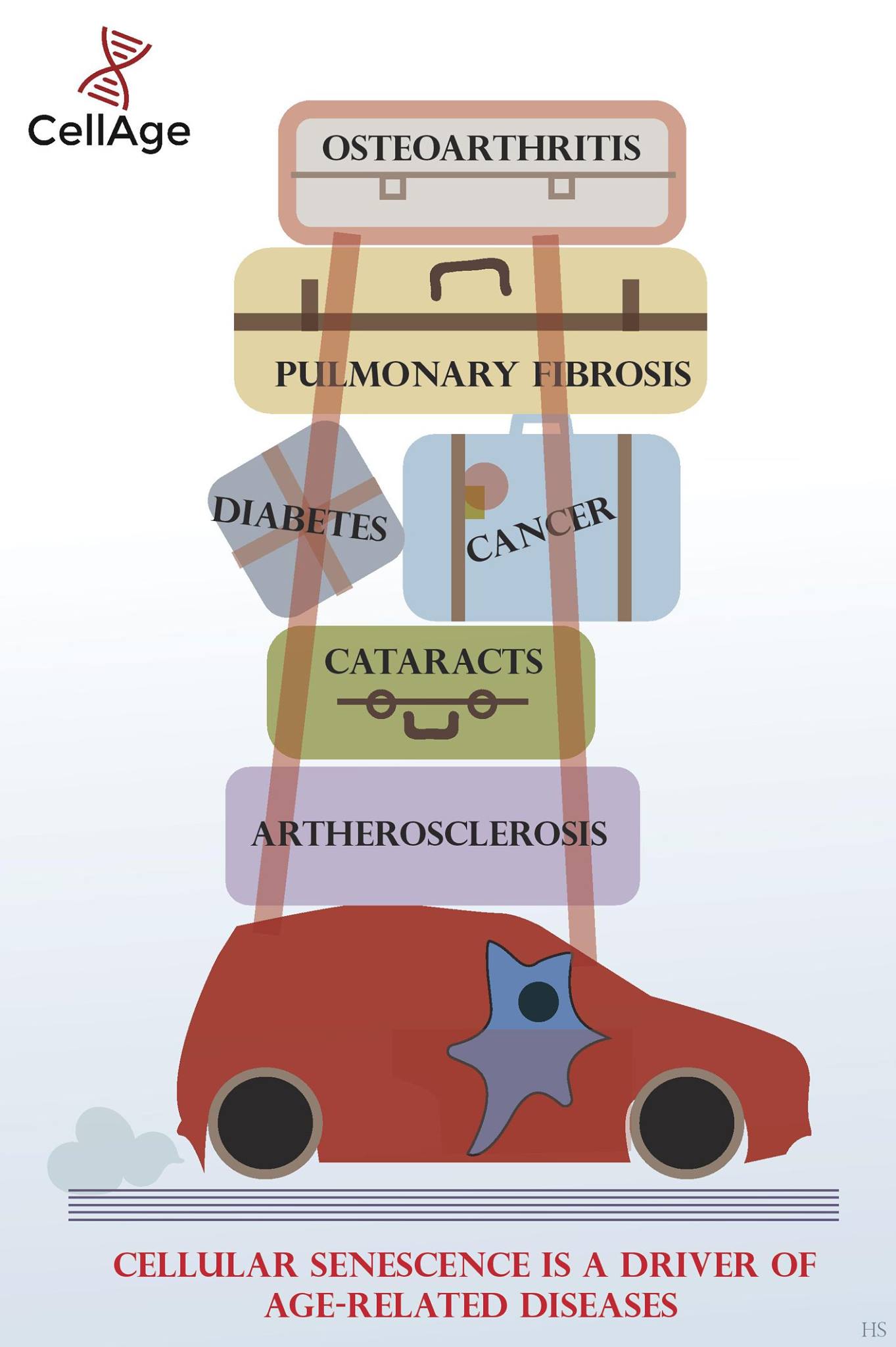Check out our campaign today: https://www.lifespan.io/campaigns/cellage-targeting-senescen…c-biology/




You can help us find ways to remove them and stay healthy!
Visit us at: https://www.lifespan.io/campaigns/cellage-targeting-senescen…c-biology/

Can science really enable us stick around on Earth forever? Experts haven’t developed ways to make us invincible, immortal beings who are unsusceptible to physical trauma or starvation. However, studies have been going on to make aging just another preventable disease. Effectively stalling the deterioration of our bodies would then mean humans could live indefinitely.
Peter Diamandis, co-founder of San Diego-based genotype research facility Human Longevity, Inc., spoke at the Singularity University in California last September about challenging aging and the deterioration of the body. The key to unlocking an indefinite lifespan was to improve the repair mechanisms of the body, said Diamandis. His research teams consider the possibility of using stem cells or nanomachines to regenerate our bodies.
Last year, researchers from the Stanford University School of Medicine have used chromosome extensions that dramatically increased the rate of cell division, a growth mechanism of our bodies that weakens over time. The development hints at a chance to turn back the biological clock.
Oh, the logic of objections against rejuvenation! bigsmile
If you’ve ever tried to advocate for rejuvenation, you know it is hard. Usually, people deem the idea as crazy/impossible/dangerous well before you get to finish your first sentence. Living too long would be boring, it would cause overpopulation, ‘immortal’ dictators, and what you have. However, you’ve probably never heard anyone use the same arguments to say that we should not cure individual age-related diseases. This is largely because people have little to no idea about what ageing really is, and how it cannot be untangled from the so-called age-related pathologies. These are nothing more, nothing less, than the result of the life-long accumulation of several types of damage caused by the body’s normal operations. Unlike infectious diseases, the diseases of old age are not the result of a pathogen attack, but essentially of your own body falling apart. As I was saying, people are largely unaware of this fact, and therefore expect that the diseases of ageing could be cured one by one without having to interfere with the ageing process itself, as if the two weren’t related at all. The result of this false expectation would be that you could cure Alzheimer’s, Parkinson’s, etc., but somehow old people would still drop dead around the age of 80 just because they’re old. That’s like saying they died of being healthy.
Back to reality, this can’t be done. To cure the diseases of old age, you need to cure ageing itself. If, for whatever reason, you think that curing ageing as a whole would be a bad idea and it should not be done, the only option is to not cure at least some of the root causes of ageing. Consequently, some age-related pathologies would remain as untreatable as they are today.
Now, the typical objections raised against rejuvenation tend to sound reasonable at first. To some, the statement ‘We should not cure ageing because it would lead to overpopulation’ sounds self-evident. However, if we consider the implications of this statement, things start getting crazy. As said, not curing ageing implies not curing some of its root causes, which in turn implies not curing some age-related diseases. Therefore, the sentence ‘We should not cure ageing’ implies ‘We should not cure [insert age-related disease here] ‘. What happens when we reformulate typical objections to rejuvenation in this fashion?

I really wanna know why people don’t get this.
For more information on Aubrey de Grey, please visit our website www.tedxmuenchen.de
Dr. Aubrey de Grey is a biomedical gerontologist based Mountain View, California, USA, and is the Chief Science Officer of SENS Research Foundation, a California-based 501©(3) biomedical research charity that performs and funds laboratory research dedicated to combating the aging process. He is also Editor-in-Chief of Rejuvenation Research, the world’s highest-impact peer-reviewed journal focused on intervention in aging. He received his BA in computer science and Ph.D. in biology from the University of Cambridge. His research interests encompass the characterisation of all the accumulating and eventually pathogenic molecular and cellular side-effects of metabolism (“damage”) that constitute mammalian aging and the design of interventions to repair and/or obviate that damage.
Twitter: @aubreydegrey
This talk was given at a TEDx event using the TED conference format but independently organized by a local community.
Scientists at the Salk Institute have found that intermittent expression of genes normally associated with an embryonic state can reverse the hallmarks of old age. This approach, which not only prompted human skin cells in a dish to look and behave young again, also resulted in the rejuvenation of mice with a premature aging disease, countering signs of aging and increasing the animals’ lifespan by 30 percent. The early-stage work provides insight both into the cellular drivers of aging and possible therapeutic approaches for improving human health and longevity.


Some people object we shouldn’t cure ageing because it is natural. Well, so is malaria, for example…
You know, I may even agree ageing is ‘natural’. If we define natural as something that happens spontaneously, without external intervention, as a consequence of chemical and physical interactions, then yes, ageing is natural. This is not a great argument in favour of ageing, though, because there are very many perfectly natural things that are really bad for you, ranging on the badness spectrum pretty much anywhere from ‘mildly upsetting’ to ‘catastrophically apocalyptic’: mosquito bites, genetic diseases, viral diseses, earthquakes, tsunamis, stars going nova, being eaten by lions, cancer, a pidgeon pooing on the fancy suit you rented for your wedding precisely when you say ‘I do’, bacterial infections, and so on. So, okay, maybe ageing is natural. So what? It is also the number one cause of suffering and diseases in the western world. Frankly, I don’t give a damn if it is natural or not. It’s still pretty bad.
Speaking of rejuvenation being not natural, I could nitpick a lot. I could ask, what is ‘not natural’? Is it anything human made? Then what about things made by animals? For example, if a building is ‘not natural’, what about a beehive then? Natural or not? Given we humans have a natural tendency to tweak things around to make them work the way we want, wouldn’t rejuvenation be our natural response to the problem of ageing, just like medicines are our natural response to the problem of diseases?
I really could nitpick a lot, but it won’t be necessary. Whatever definition of ‘not natural’ one may want to give, the real issue here is that there’s a hidden meaning to ‘not natural’ which is always subtly implied, even though not stated explicitly: Things that are ‘not natural’ must be somehow bad, not good for you, dangerous for the environment, immoral, evil. Maybe they bring bad luck as well. Needless to say, this is just as wrong as claiming everything natural is good for you. Medicines are good for you. Vaccines are good for you. In a broader sense, electrical installations are good for you (if you don’t stick your fingers into the power outlet); technology, transportation, anti-seismic buildings, toothbrushes, and so on, are good for you. All ‘not natural’ stuff that is still good and you’d hardly give it up. So, okay, let’s say rejuvenation is ‘not natural’. Who cares? It’d prevent you from getting crippled by a number of nasty diseases.